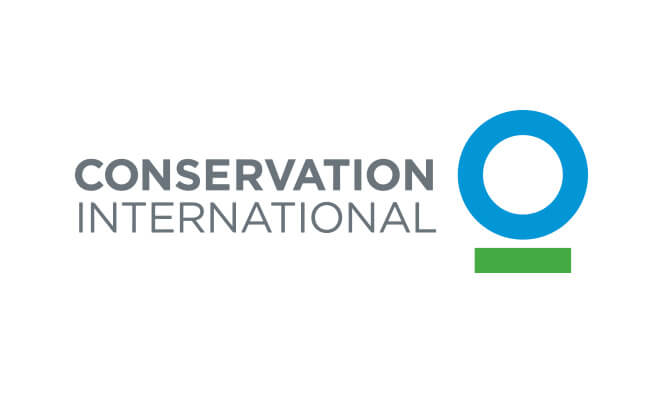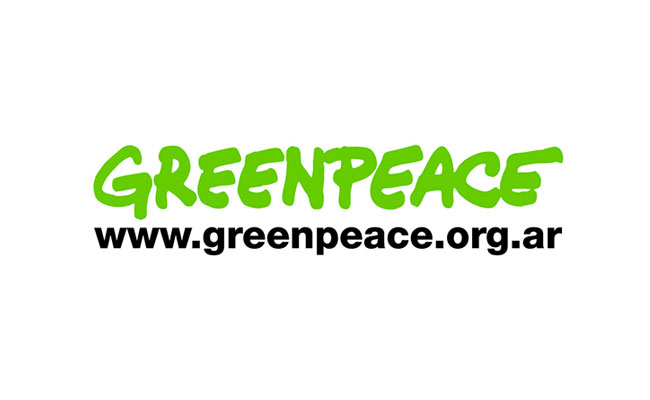NETWORKING
The Forum provides a framework to join efforts and coordinate the discourse of the member civil society organizations on a regional approach, as well as to promote objectives that each one on its own, or in more restricted alliances, would not be in a position to undertake.
Organizations
Integrate this international network of organizations dedicated to promoting policies and measures to protect a healthy Patagonian Marine ecosystem.
Countries
What distinguishes this network is the large-scale outlook, inspired by the fact that ecosystem processes and their living components go beyond political frontiers.
Members
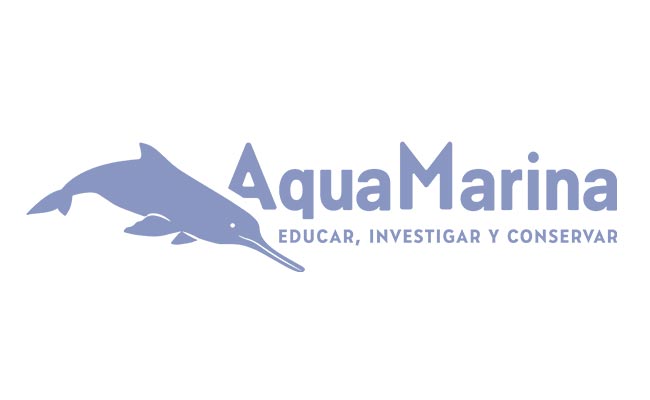
Fundación Aquamarina
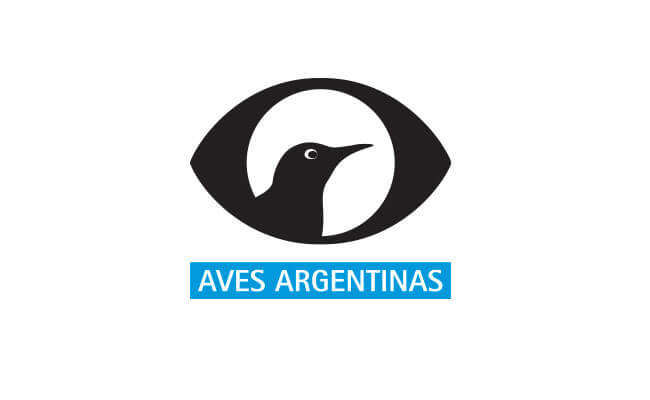
Aves Argentinas
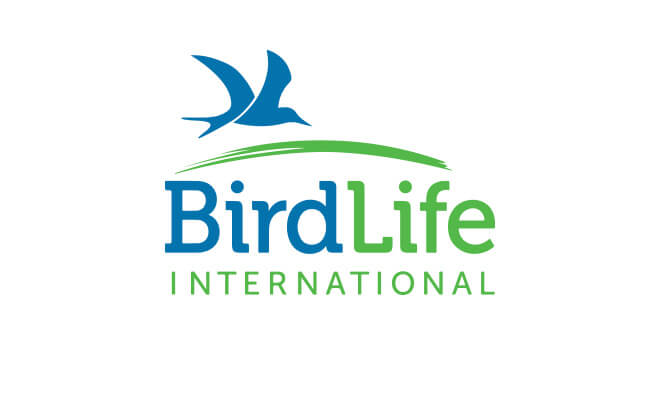
BirdLife International (BLI)
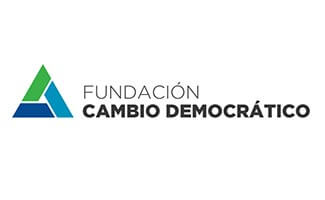
Fundación Cambio Democrático
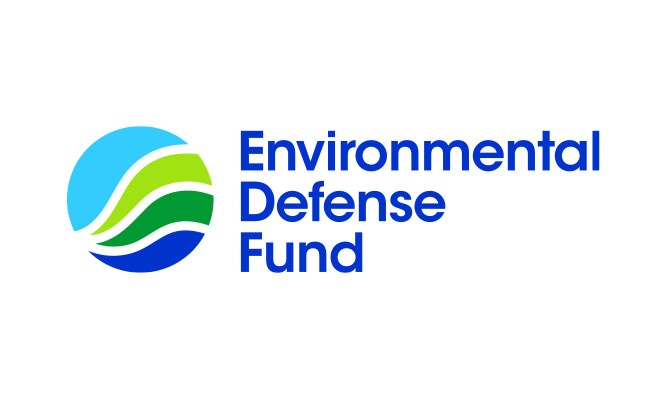
Environmental Defense Fund (EDF)
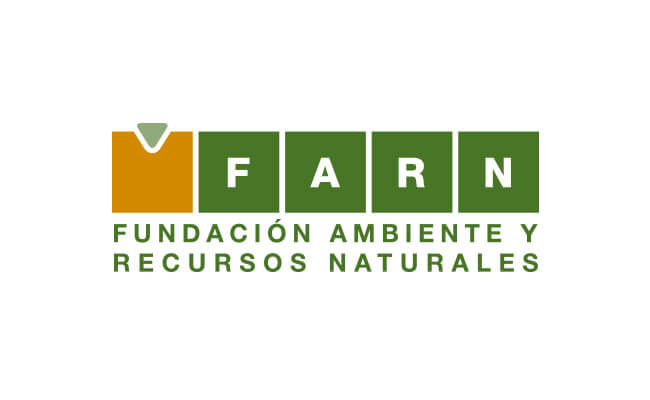
Fundación Ambiente y Recursos Naturales (FARN)
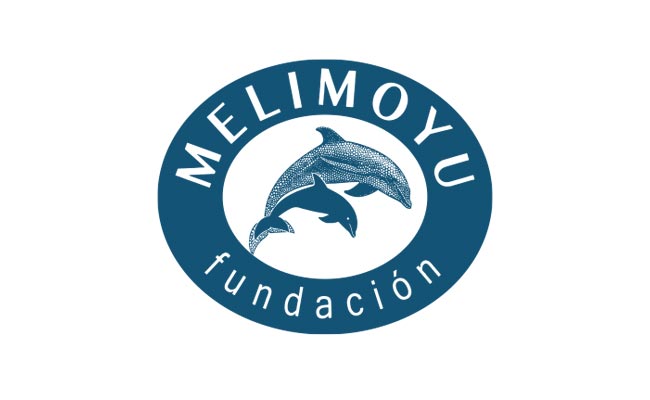
Fundación Melimoyu
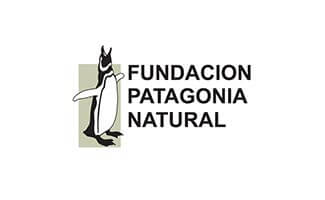
Fundación Patagonia Natural (FPN)
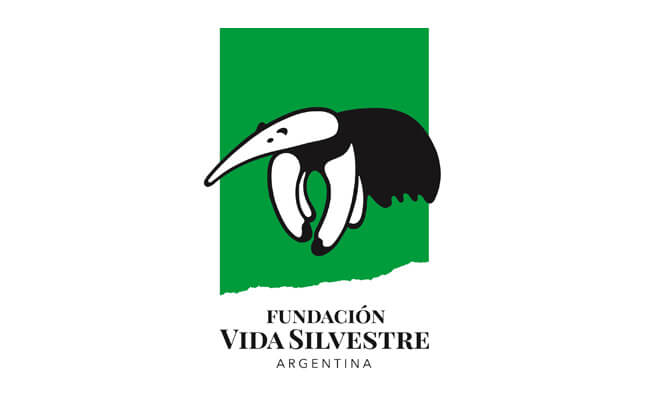
Fundación Vida Silvestre Argentina (FVSA)
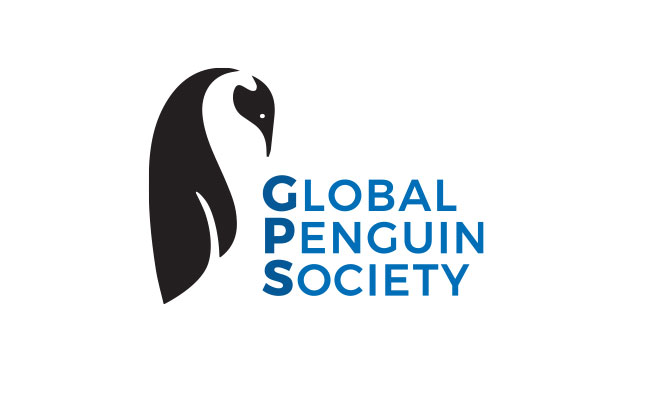
Global Penguin Society
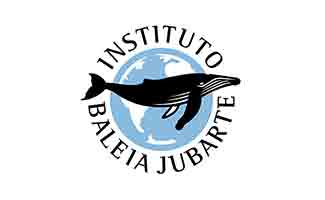
Instituto Baleia Jubarte (IBJ)
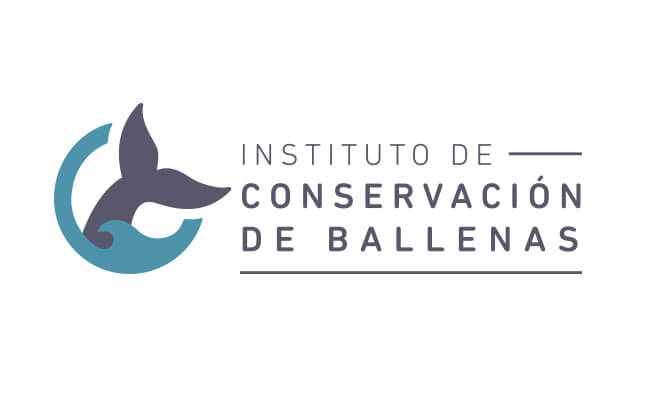
Instituto de Conservación de Ballenas (ICB)
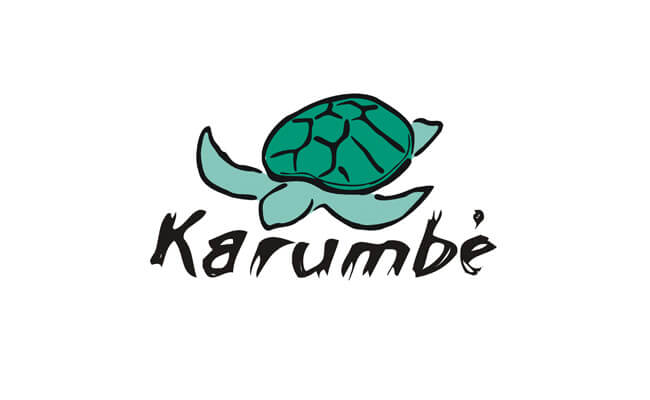
Karumbé
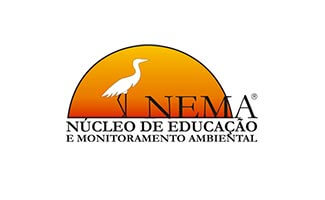
Núcleo de Educação e Monitoramento Ambiental (NEMA)
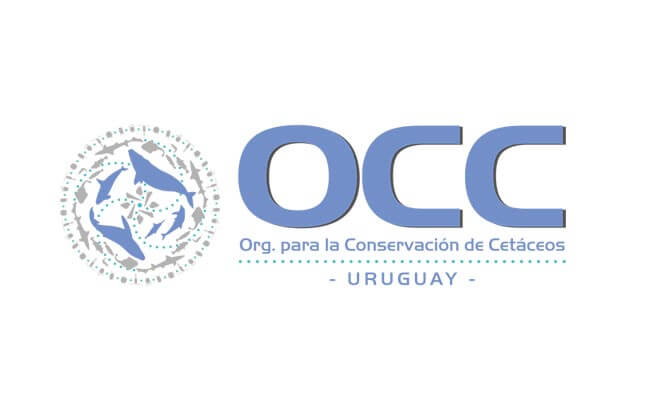
Organización para la Conservación de Cetáceos - Uruguay
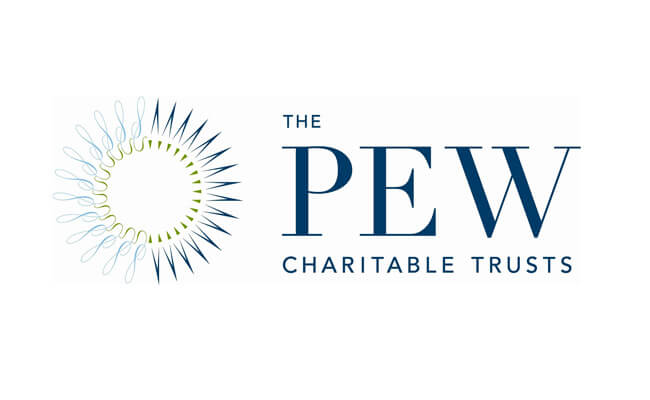
Pew Charitable Trusts
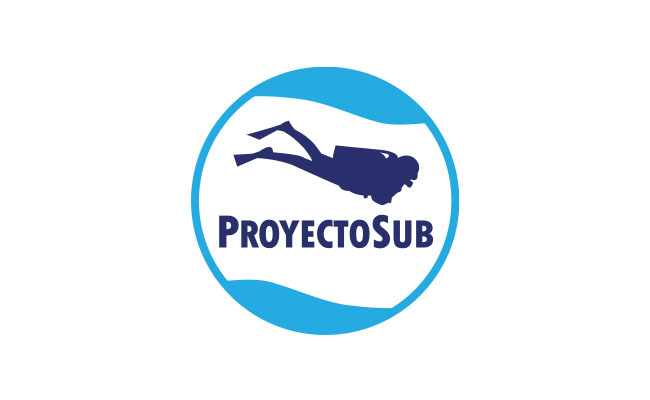
Proyecto Sub
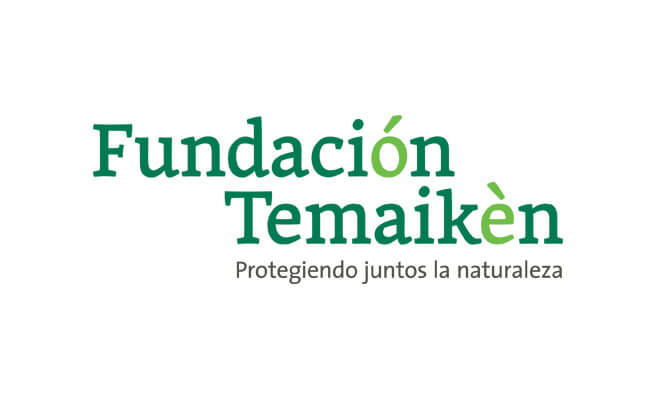
Fundación Temaikèn
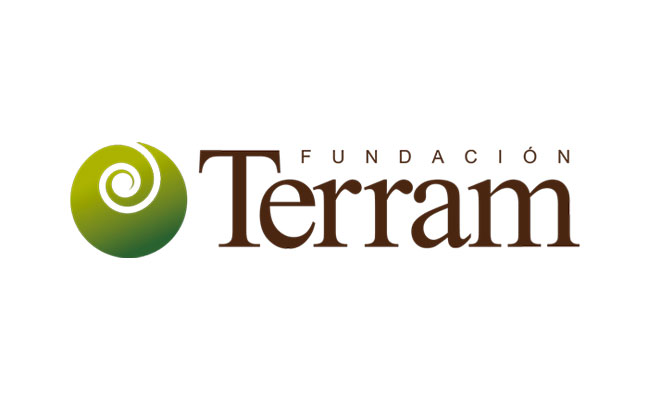
Fundación Terram
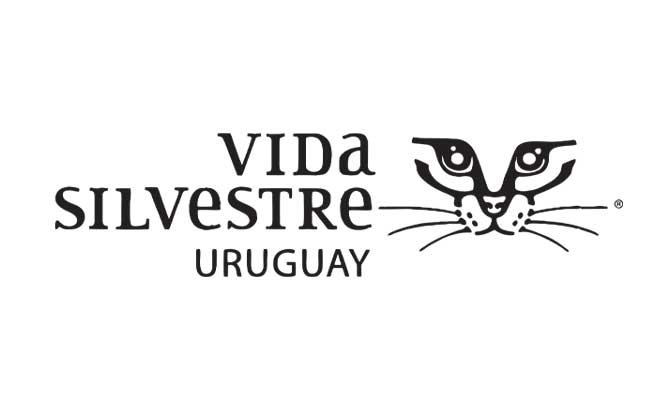
Vida Silvestre Uruguay
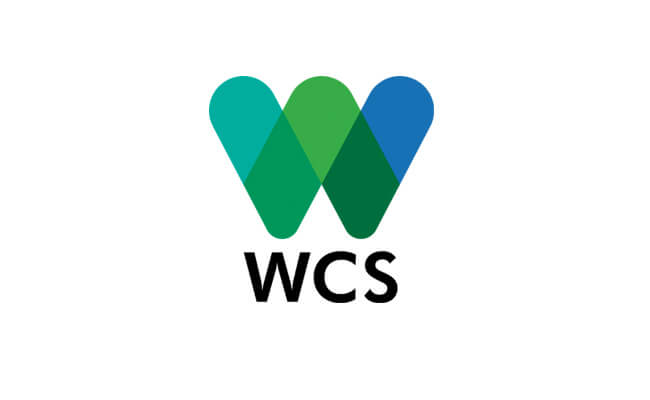
Wildlife Conservation Society (WCS)
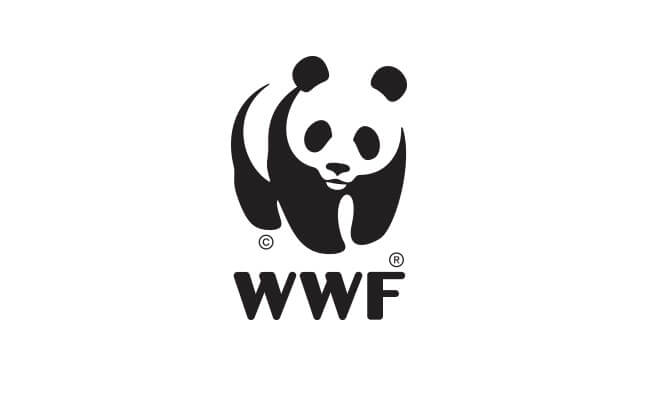
WWF - World WildLife Fund
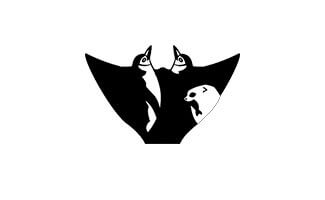
Antarctic Research Trust (ART)
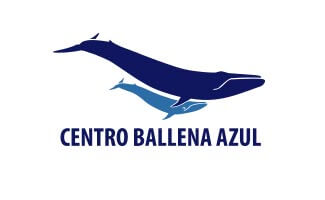
Centro Ballena Azul (CBA)

Steering Committee
The Forum is the result of volunteer work of representatives of the member organizations. These member representatives meet regularly in plenary meetings where individuals and other organizations may participate as observers. Between plenary meetings, the Steering Committee, a Coordinator and the Working Groups are responsible for the projects’ progress.
Alejandro Vila (President)
Sergio Palma Silva (Vice President)
Yacqueline Montecinos (Secretary)
Andrea Michelson (Coordinator)
Daniela Castro (Chilean Node Coordinator)
Claudio Campagna
Ana Di Pangracio
Catherine Dougnac
Sérgio Estima
Valeria Falabella
Alejandro Fallabrino
Eduardo Francisco
Esteban Frere
Pablo (Popi) García Borboroglu
María Carolina Jarpa Varela
Fernando Miñarro
Mayra Rocha
Diego Taboada
Leandro Tamini
Alejandro Vila (President)
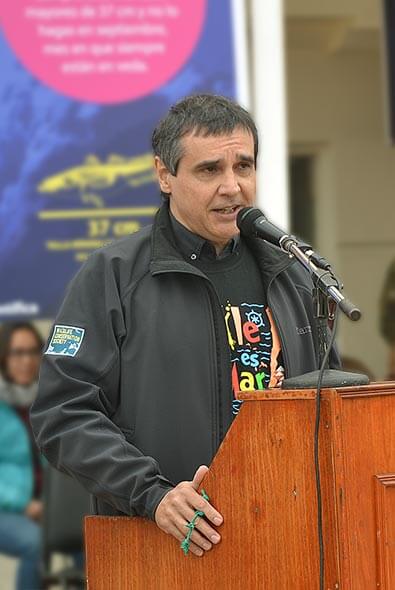
Alejandro Vila
President
He is a biologist and has a Ph.D. in Biological Sciences from Buenos Aires University. He works in ecology and conservation of mammals and birds, as well as marine and terrestrial ecosystems in the Southern Cone of America.
He has 30 years of experience in education, management, research and management applied to conservation. He has worked for Buenos Aires University, Fundación Vida Silvestre Argentina, WWF and WCS, as well as a consultant for the National Parks Administration, the Ministry of Agriculture, Livestock and Fisheries, the National Institute of Agricultural Technology, the National University of Southern Patagonia, JICA, Mitsubishi Research Institute Inc., and GEF / UNDP (Natural Patagonia Foundation). He has published many scientific articles and books. Today he is WCS Southern Cone Program Manager.
Sergio Palma Silva (Vice President)
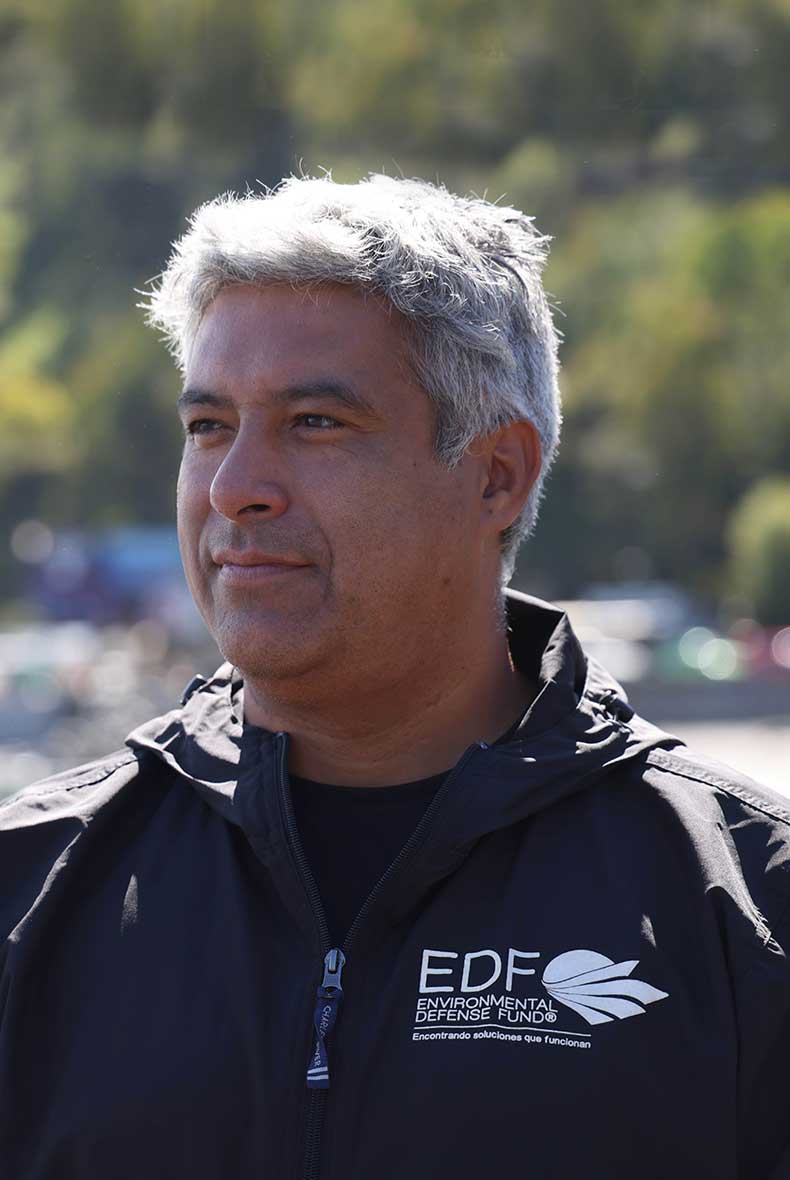
Sergio Palma Silva
Vice President
Director of the Environmental Defense Fund (EDF) in Chile.
Marine biologist and industrial civil engineer with nearly 20 years of experience in various fields of public and private administration. At EDF, he stands out for his leadership in technological innovation projects, adaptive management, and the application of the Ecosystem Approach in fisheries management in the Humboldt Current (Ecuador, Peru and Chile).
Before joining EDF, he worked in various positions in the Chilean government, where he was the head of the Artisanal Fisheries Department of SERNAPESCA and manager of Strategic Programs of CORFO, at the national level.
He has a strong knowledge of the fisheries sector, as well as development and implementation of public policies towards the sustainability of marine resources and their ecosystems.
He has master’s degrees in Territorial and Coastal Planning and Management (Universidad Politécnica de Cataluña, Barcelona, Spain) and Public Policies (Universidad de Chile). In the international field, he has participated in improving training for fisheries and coastal zone management in APEC, China.
Yacqueline Montecinos (Secretary)
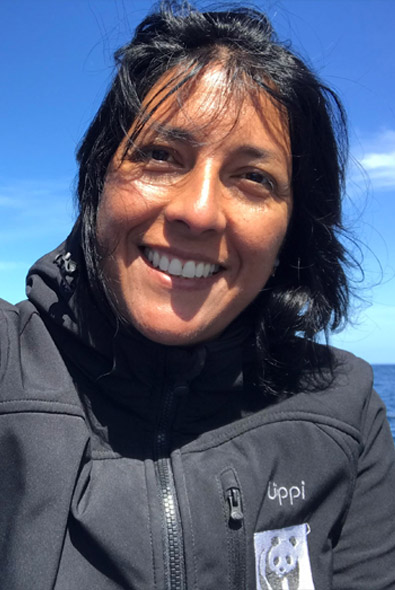
Yacqueline Montecinos
Secretary
Marine Biologist and MPhil in Biodiversity, Conservation and Management from Oxford Universi-ty.
With almost 18 years of experience in marine conservation, Yacqueline has specialized in marine spatial planning, focusing on the design and creation, in a participatory manner with key stake-holders, in the declaration of conservation figures for the protection of critical habitats of em-blematic species such as small and large cetaceans. In this sense, she has built her experience by participating directly and actively in projects led by different NGOs and universities. She cur-rently serves as biodiversity and ocean policy coordinator for WWF-Chile and as coordinator of the WWF’s regional project, Eastern Pacific Blue Corridor.
Andrea Michelson (Coordinator)
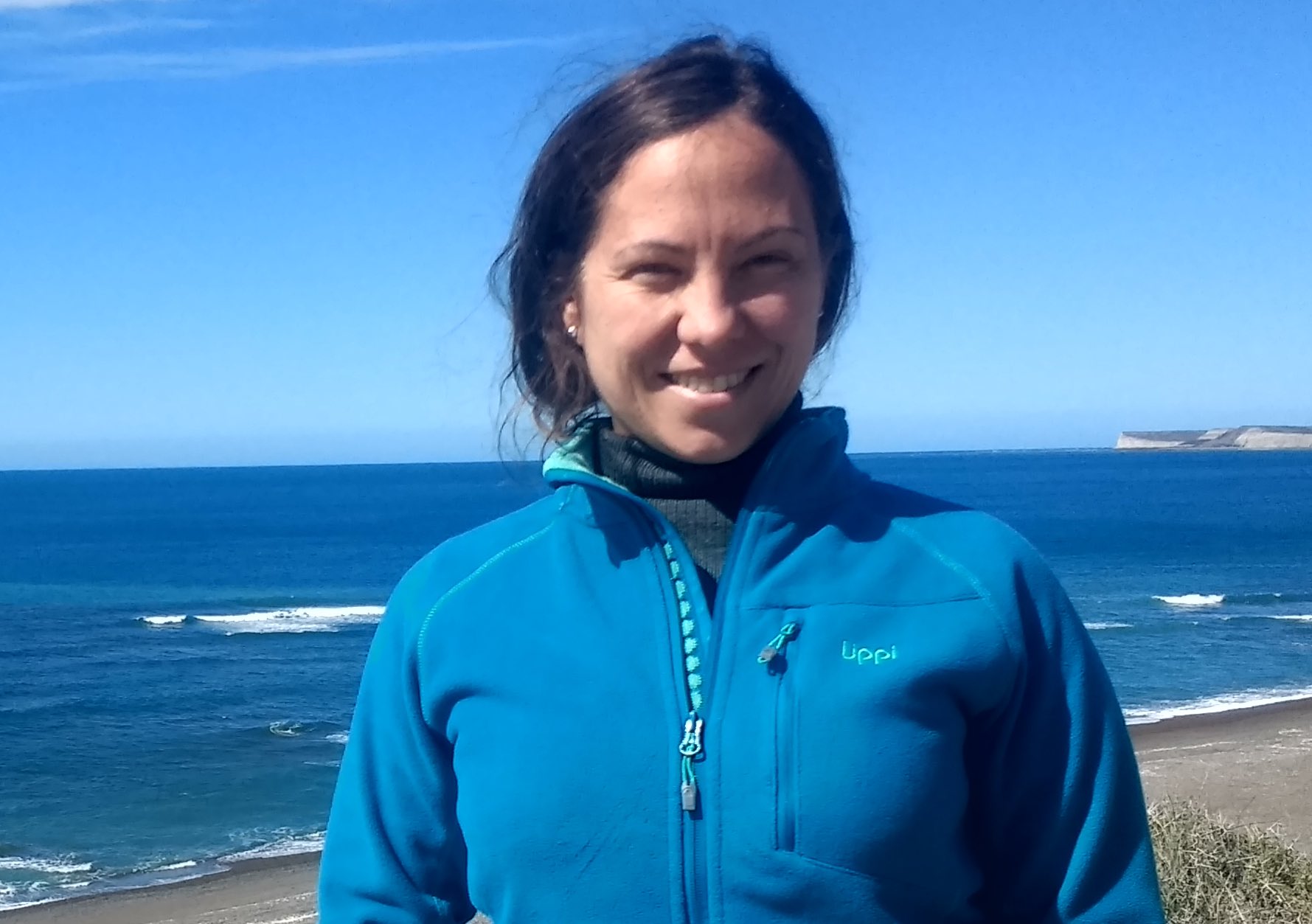
Andrea Michelson
Coordinator
Biologist specialized in project planning, management and monitoring.
She is a biologist with 19 years of experience in biodiversity and nature conservation. She has worked mainly in the creation, planning, and management of protected areas, and has been involved in projects and strategies for the conservation of species and ecosystems, especially on a large scale, both in Argentina and in the region.
Daniela Castro (Chilean Node Coordinator)
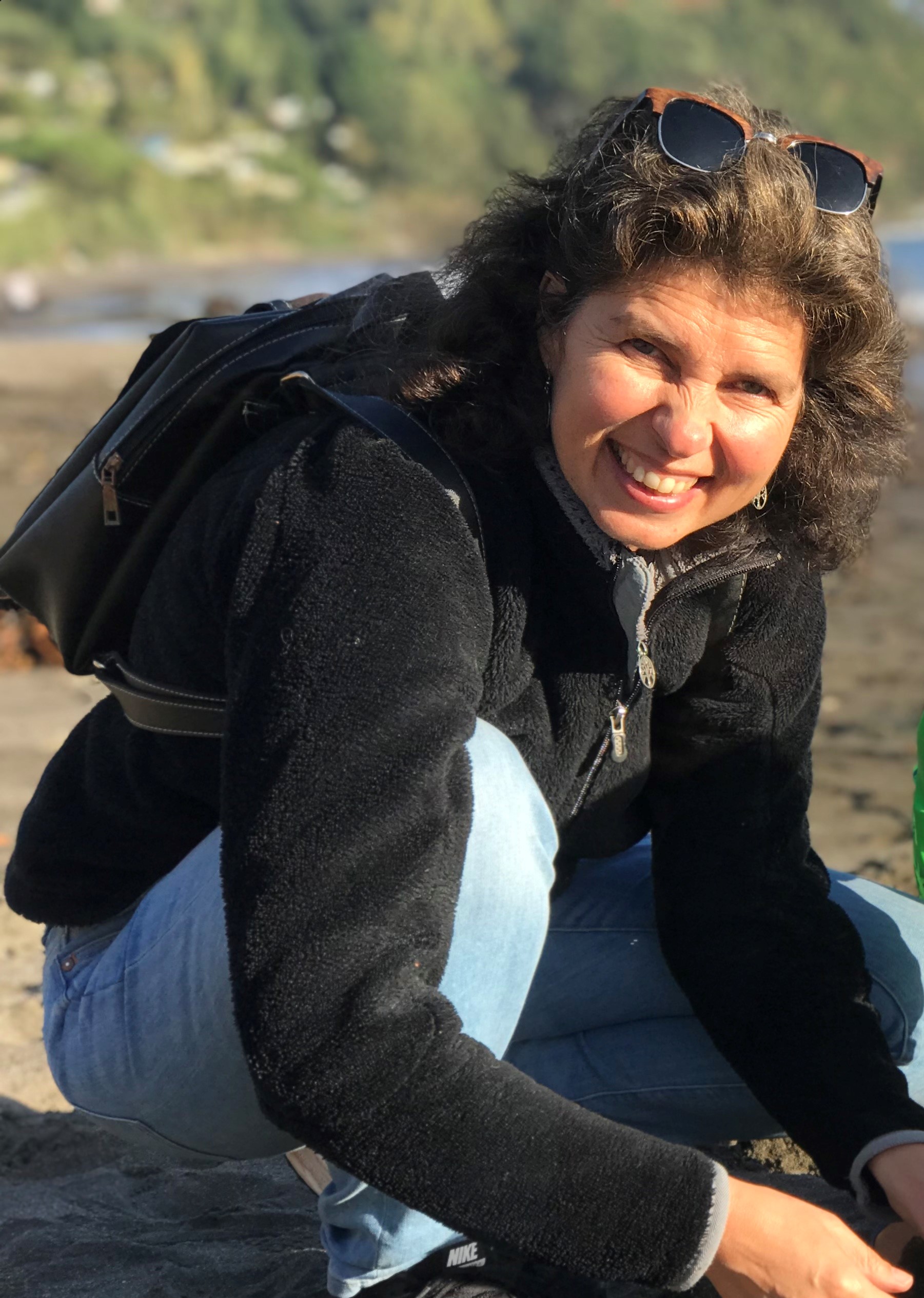
Daniela Castro
Coordinator (Chilean node)
With twenty years of experience working in various public and private conservation initiatives in Chilean Patagonia, Daniela has specialized in the articulation of groups of non-governmental organizations and inter-institutional committees for making concerted decisions and promoting joint actions.
Her professional experience took her from terrestrial conservation to the marine, integrating both ecosystems and betting on collaborative work with a diversity of actors to create new paradigms. She developed experience in networking, facilitation and team management, working with conservation NGOs in Chile (coordinated by the Patagonia Mar y Tierra collective, and led the technical area of the Defense Council of Chilean Patagonia) and with territorial actors and organizations of the State.
She trained as an agricultural engineer at the Catholic University of Chile and completed a Master’s degree with the UNESCO Chair in Sustainable Development, Biodiversity and Land Management in France. She was born in Chile, raised in Africa and “spoiled” in Patagonia where she lived and worked for more than 15 years, both in private conservation with Tompkins Conservation and in the public sphere of national parks with CONAF. Today she is based in the city of Valdivia.
Claudio Campagna
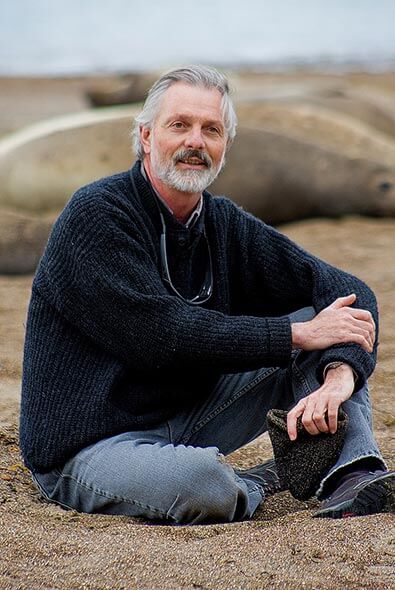
Claudio Campagna
Founder, ex President and consulting member
Argentine scientist, conservationist and writer. He has vast research experience on Patagonian marine mammals with Wildlife Conservation Society.
Claudio has created and been on the managing boards of several national and international non-governmental organizations, all of them dedicated to biodiversity conservation. He has designed and promoted initiatives of trans-disciplinary and international scientific cooperation in order to increase knowledge of ecological values of the seas surrounding the Southern Cone (such as “Sea and Sky Project” and the “Atlas of the Patagonian Sea: Species and Spaces”). He is the author of scientific publications and science books, essays and fiction.
Ana Di Pangracio
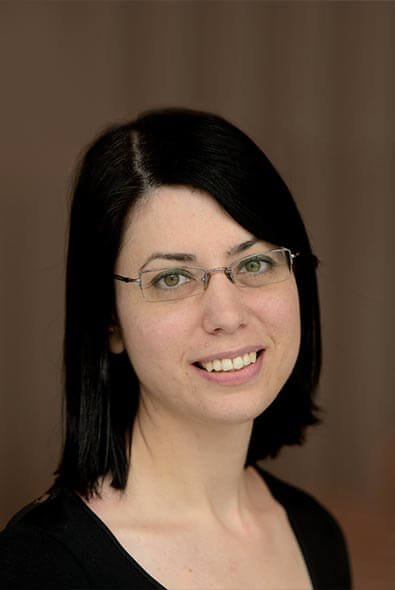
Ana Di Pangracio
Argentine lawyer from Buenos Aires University specialized in Environmental Law. She was a Fellow of the Swedish program “Linnaeus-Palme” (Master in Environmental Policy, Lund University) and alumni of the Leadership Program for International Visitors of the State Department of the United States. Ana graduated from the Legal Clinic in Environmental Law of FARN.
Worked at Fundación Vida Silvestre Argentina as an environmental consultant, and as a lawyer for the private sector. She has also been professor at several Argentine universities. Ana has been part of the FARN team since 2010, as the Coordinator of the Biodiversity Department and since May 2013 as Associate Executive Director.
Catherine Dougnac
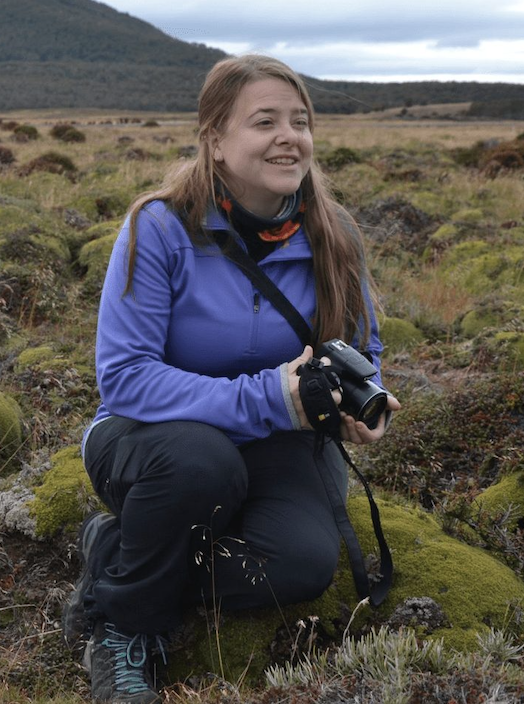
Catherine Dougnac
PhD. in Forestry, Agricultural and Veterinary Sciences, focused on Conservation Medicine.
Catherine leads the design, effective implementation, and promotion of the Conservation Program (terrestrial, marine, and educational) through the development of management, research, and outreach activities derived from the work plans and strategies that the WCS has in Chile and the Southern Cone. She is currently the scientific director of WCS Chile.
Sérgio Estima
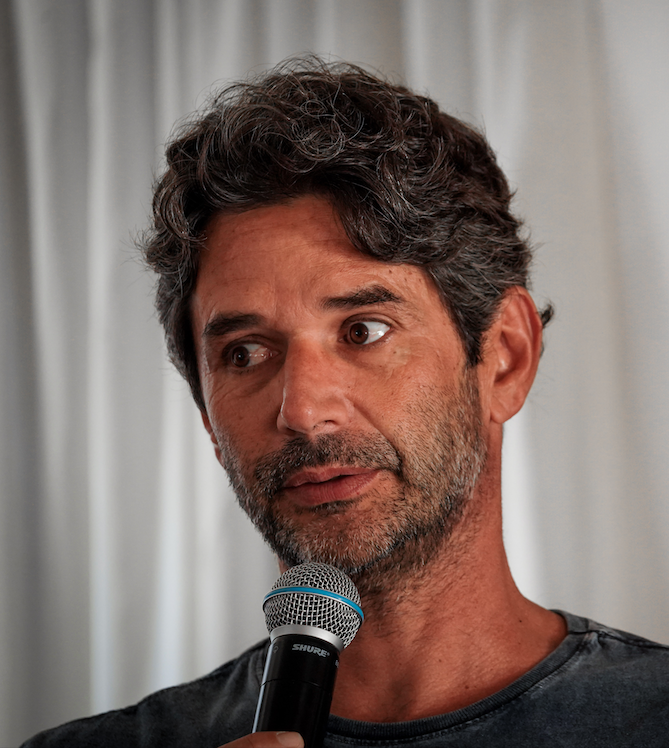
Sérgio Estima
NEMA’s Director – Núcleo de Educação e Monitoramento Ambiental (Center for Education and Environmental Monitoring).
He has a degree in Ecology from the Catholic University of Pelotas (2002). Currently, he is Coor-dinator of different projects at NEMA, Coordinator of the “Pinípedes do Sul” Project (Southern Pinnipeds), and Director of NEMA – Núcleo de Educação e Monitoramento Ambiental (Center for Education and Environmental Monitoring).
Valeria Falabella
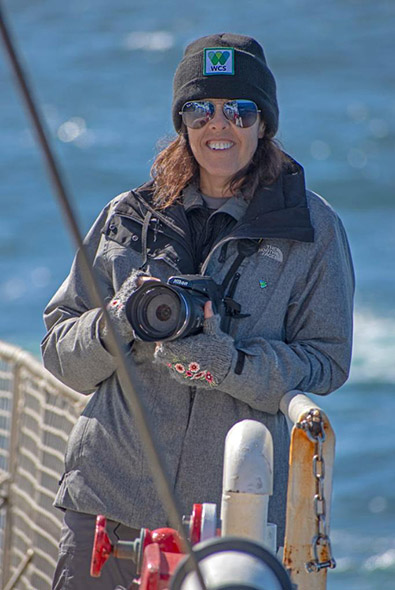
Valeria Falabella
Marine biologist, Director of Coastal-Marine Conservation at Wildlife Conservation Society-WCS
Argentina.
With a degree in Biology, her first years in research focused on the ecology, demography, behavior, and
physiology of elephant seals in Patagonia. She currently leads area-based marine conservation projects. In
particular, her experience includes the integration and analysis of geo-referenced data for the identification of
priority conservation areas, the design of marine protected areas (MPAs), strategies for the effective
implementation of MPAs, and advocacy for the creation of new MPAs. She is part of the WCS team, focused
on the creation of the first oceanic MPAs, Namuncurá-Banco Burdwood I and II, and Yaganes.
Alejandro Fallabrino
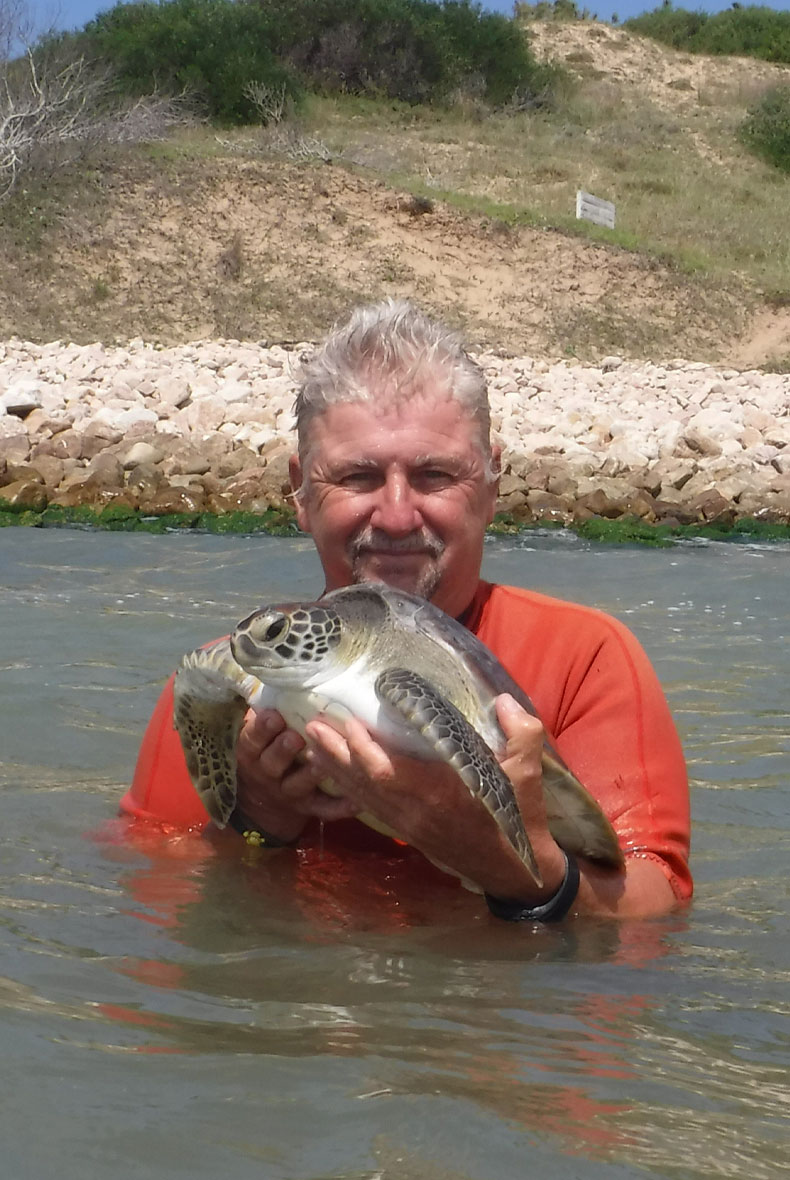
Alejandro Fallabrino
Researcher and conservationist, founder and executive director of Karumbé-Tortugas Marinas del Uruguay, an NGO created in 1999.
He began his career as a TRAFFIC volunteer in South America in 1988 and for more than 30 years has been fighting illegal wildlife trafficking, particularly sea turtles.
Associate Researcher of the Azara Foundation of Argentina, since 2020, he also founded the Network for the Research and Conservation of Sea Turtles in the Southwest Atlantic (REDASO) integrating the projects of Argentina, Brazil and Uruguay.
Fallabrino also created the Anti-Neotropical Species Trafficking Information Network (ATN) and the Neotropical Sea Turtles (TMN) network.
Since 2009, he coordinates the fieldwork of the project “Sea Turtles of Equatorial Guinea, Africa”.
He is delegate for Uruguay of the Latin American Wildlife Conservation and Management Association since 2007. In 2008 he was appointed coordinator for Argentina, Brazil and Uruguay of the WCPA-Marine (World Commission on Protected Areas-IUCN).
He is a member of the International Sea Turtle Society and the Society for Conservation Biology.
In 2016, he received the Marsh Award for Marine Conservation Leadership.
Eduardo Francisco
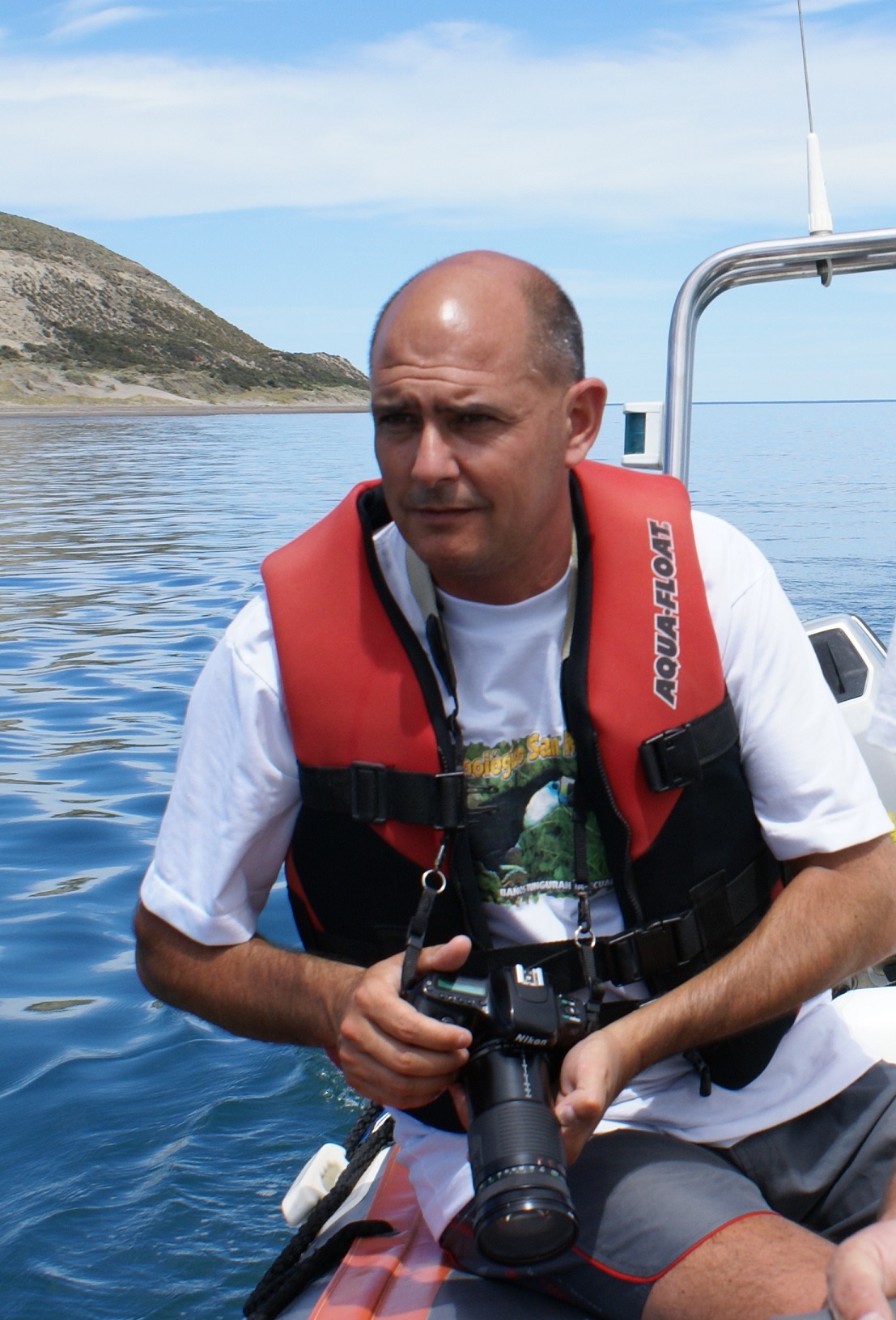
Eduardo Francisco
Veterinary doctor graduated from the University of Buenos Aires, specialized in medicine of wild animals in the areas of animal welfare, management, reproduction, assisted breeding and rehabilitation.
He has 32 years of work experience; at the Buenos Aires Zoo and at the Buenos Aires National Aquarium he has participated in conservation projects and in the rehabilitation of penguins and sea turtles, and in the rescue and rehabilitation of sea lions, among other species.
In Temaikèn Foundation he served as Scientific Director managing the Fauna, Education, Conservation and Research areas. He is currently the Director of Scientific Relations of Fundación Temaikèn and Coordinator of the Animal Welfare Committee of the Latin American Association of Zoological Parks and Aquariums.
Esteban Frere
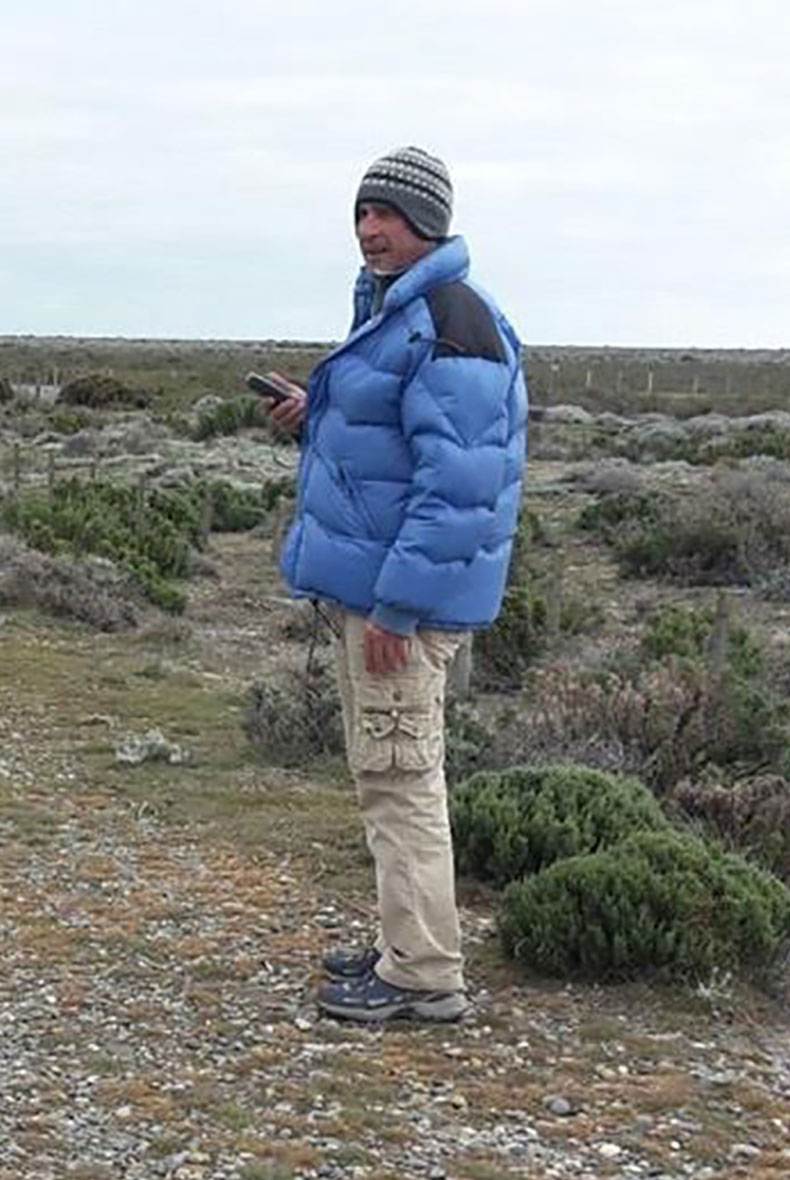
Esteban Frere
Biologist and PhD in Marine Ecology from Universidad de Buenos Aires, Argentina. He has been studying the seabird ecology and conservation on the Patagonian coast over the last 30 years, especially penguins, cormorants, albatross and petrels.
He is professor at the Universidad Nacional de la Patagonia Austral, and researcher of CONICET, Argentina. In 1996, he and other colleagues, started to study interactions between seabirds and fisheries with special interest on the mortality of albatross and petrels in longline fishery. Since 2006 he is the South American Coordinator of the BirdLife International Marine Program (BIMP), with base in Aves Argentinas.
Pablo (Popi) García Borboroglu
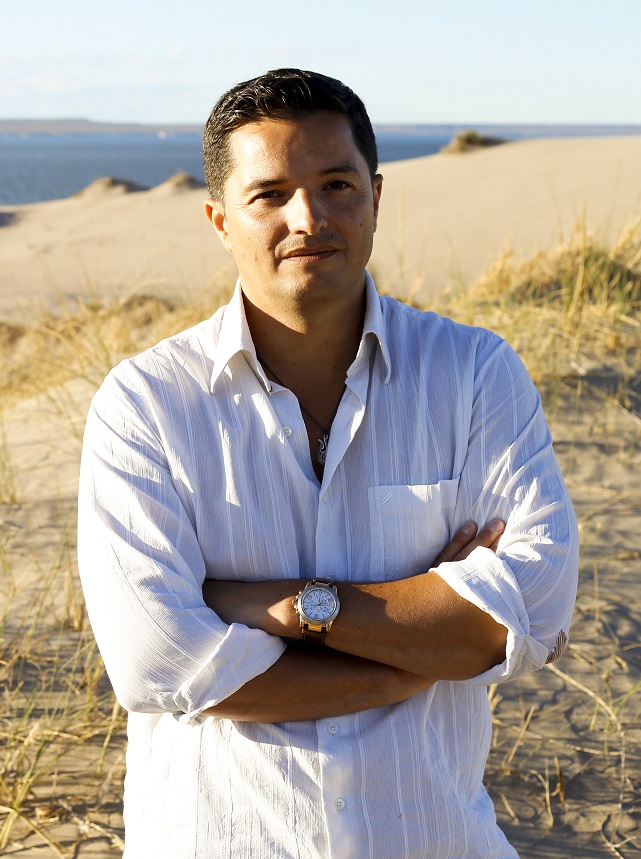
Pablo (Popi) García Borboroglu
PhD in Biology and conservationist. He is the Founder-President of the Global Penguin Society (GPS), Researcher at the Nat. Research Council in Argentina and Professor at the University of Washington. .
Since 1989, he has worked in the field of marine research and conservation, with special emphasis on penguins. He also works on marine protected areas designation, planning and implementation.
He has spearheaded global conservation efforts on science, management and education to benefit penguins in several countries, including the co-creation and direction of the IUCN Penguin Specialist Group, the designation of the largest Biosphere Reserve for Argentina and the creation of the Punta Tombo MPA.
He is a Duke University and a Pew Fellow 2009, recipient of the Whitey Gold Award, the National Geographic Buffet Award 2018 and the Honor Recognition by the Congress of Argentina.
María Carolina Jarpa Varela
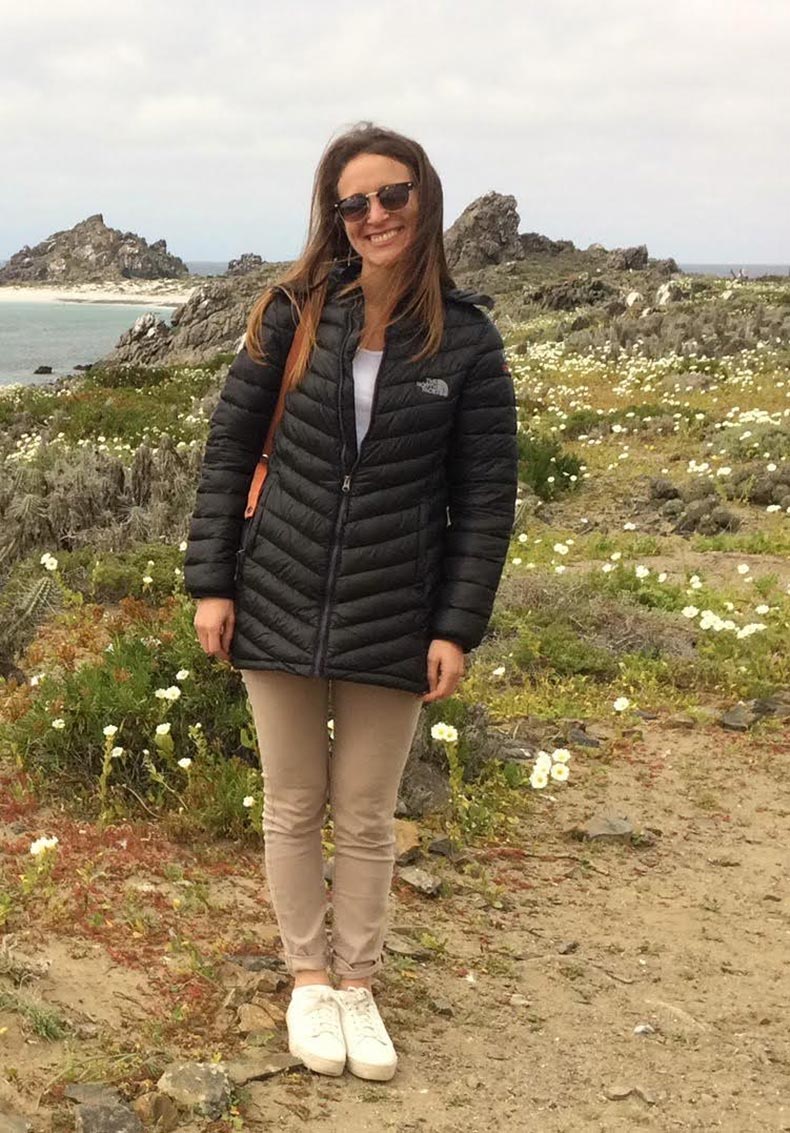
María Carolina Jarpa Varela
Msc. in Environment and Human Settlements of the Pontificia Universidad Católica de Chile, with multidisciplinary training and experience, and studies in ecology and visual arts.
Carolina has developed professional experience in projects related to sustainable development and marine and coastal environmental conservation, as well as the organization and coordination of projects, nationally and internationally, forming part of the coordination of IMPAC-4 (International Marine Protected Areas Congress) in Chile. He has managed the joint work with several key actors in the fields of NGOs, government and academia. In 2018, he coordinated the process of holding the workshop on guidelines for the creation and implementation of MPAs in which NGOs from the Forum and Chilean NGOs participated.
Carolina developed as Coordinator of the Chilean node of the Forum for the Conservation of the Patagonian Sea, and currently works as Chilean Patagonian Project Officer at The Pew Charitable Trusts.
Fernando Miñarro
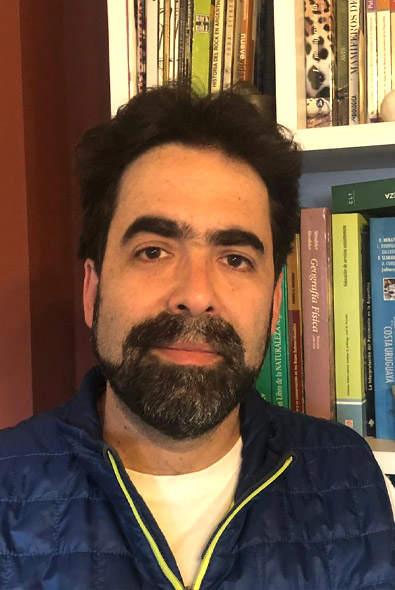
Fernando Miñarro
Degree in Biological Sciences, specializing in the area of Ecology. Member of Fundación Vida Sil-vestre Argentina, since 2002.
Between 2007 and 2016, he coordinated the Pampas and Gran Chaco Programs. Since 2017, he has served as Director of Conservation, a role from which he technically coordinates the devel-opment of the 2018-2025 Strategic Plan of the Fundación Vida Silvestre Argentina. From this role, he has expanded and addressed the management and design of strategies to address environ-mental challenges that include additional issues such as the conservation of coastal-marine bio-diversity and the Alto Paraná rainforest, sustainable fisheries, governance, climate change, and sustainable cities, among others.
Mayra Rocha
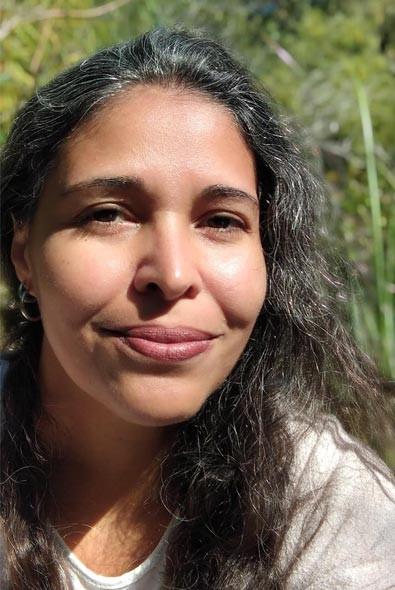
Mayra Rocha
Graduated in Graphic Design from the State University of Bahia/Brazil, she also studied Fine Arts at the Federal University. An artist with a multidisciplinary background and experience in creatively dealing with challenges, she explores human development tools with a focus on education, awareness, connection and conservation.
He has been working for over 14 years in marine conservation projects in Brazil and Uruguay. She dedicated herself to the communication sector of the Tamar Project in Praia do Forte – Bahia for nine years. Today she is the coordinator of Organization for the Conservation of Cetaceans (OCC).
Diego Taboada
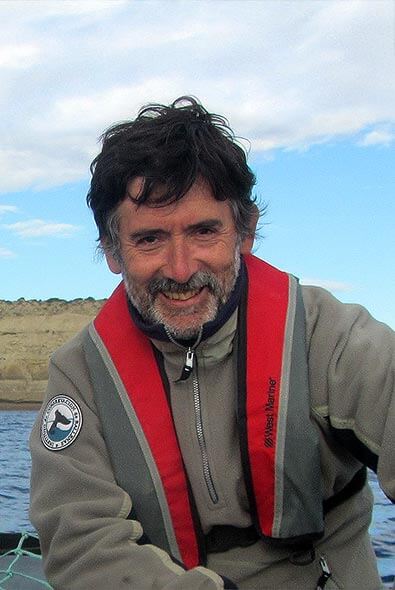
Diego Taboada
Founding member and President of the Whale Conservation Institute. With a degree in Agricultural Engineering and then in Foreign Trade, over the years he has developed his vocation related to the conservation of biodiversity.
In the early 1990s he joined the team led by Dr. Roger Payne, who started the Southern Right Whale Program in the province of Chubut, Argentina, in 1970. His dedication has resulted in the creation of a solid working team that has strengthened the continuity of scientific studies, conservation and education carried out by the ICB.
Leandro Tamini
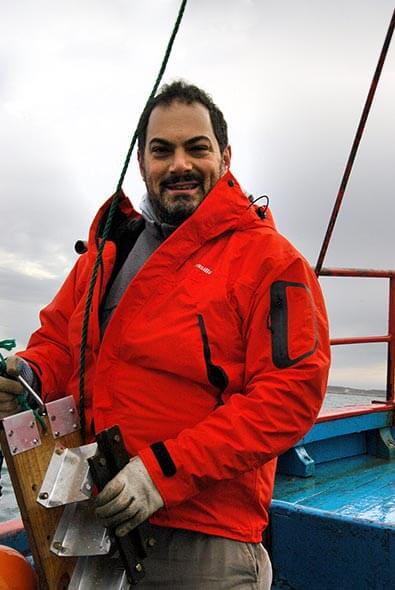
Leandro Tamini
Biologist from Argentina, graduated at Buenos Aires University. He has been part of the Aves Argentinas team since 2006, where he coordinates the Marine Program.
His main interest is the development of practical solutions to reduce interaction between seabirds and fisheries on which he has conducted research since 2003. He has also worked on a number of different projects covering citizen science, pollution and fisheries by-catch discards.



